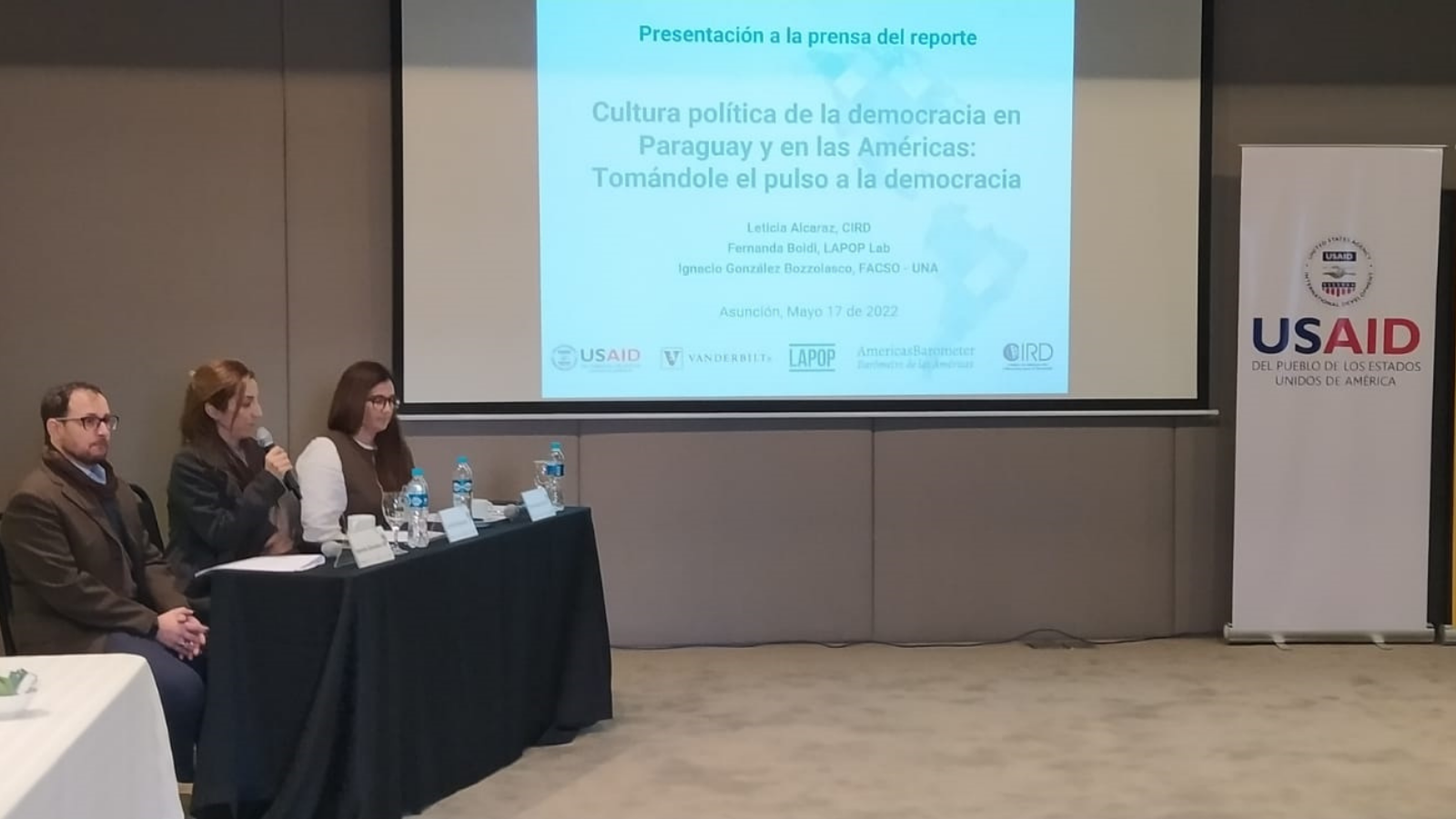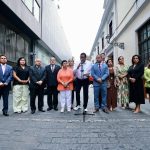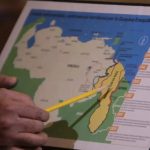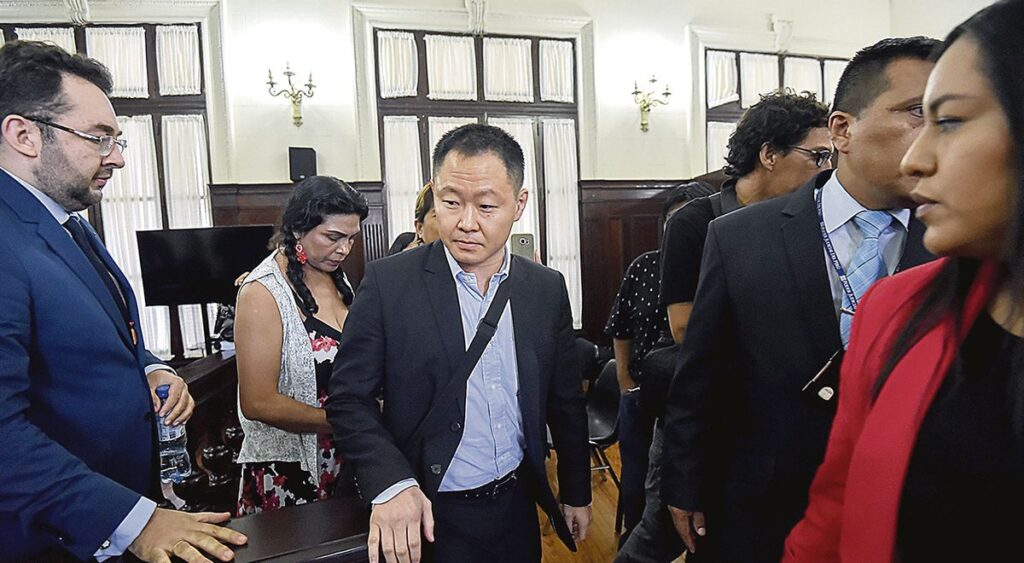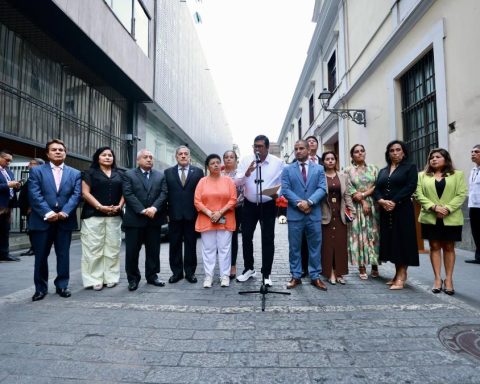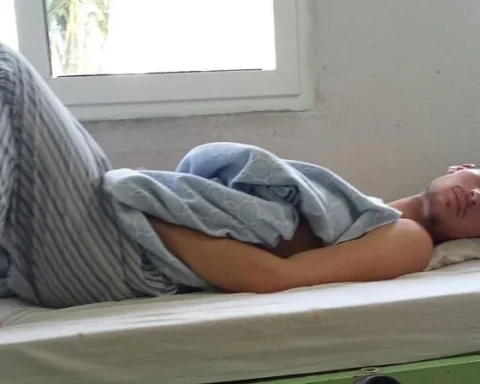The CIRD Foundation, USAID and Vanderbilt University presented a report called; “Political culture of democracy in Paraguay and in the Americas 2021: taking the pulse of democracy”. The work was based on numbers reflected in the Americas barometer.
The particular aspect of this work, in relation to that of previous years, is that it was carried out in times of pandemic and the data it produced were processed during the post-pandemic period.
Fernanda Boidi, political scientist and doctor in Political Science from Vanderbilt University, Ignacio González Bozzolasco, sociologist and professor at the National University of Asunción (UNA) and Leticia Alcaraz Corrales, sociologist and Research Coordinator of the CIRD Foundation, were the speakers. .
FINDINGS LEFT FROM THE STUDY IN PARAGUAY
The economy and the pandemic were the main problems that people had during 2021. 34% of the population announced that their main problem was the economy, while 31% announced that their main problem was the pandemic (see graph 1) .
Regarding the economic situation, the report reveals that 63% of the population worsened their economic situation. While 28% remain the same and 8% have improved (see graph 2).
CORRUPTION
Another aspect analyzed by the report was the perception of corruption that citizens have of their authorities. 53% of the population considers that corruption in public officials is very widespread. Just for comparison, in the region 57% of the population on average has the same perception. In other words, our country registers a high percentage of the population, but it is the best compared to the perception in the region.
Another striking fact is that 3 out of 4 Paraguayans consider that their politicians are corrupt (see graph 3). While only 29% of the population has confidence in the elections.
EDUCATION
Regarding the impact of the pandemic on the education of children, the report left the following results; 66% of the population indicates that their children went to virtual or distance classes. 16% responded that their children are not yet of school age. The most important fact was that 5% of the population stated that, after the pandemic, their children cut off all ties with education (see graph 4).
Regarding the effectiveness of distance classes, 64% of the population reported that their children did not receive effective distance education. While only 36% said yes.
